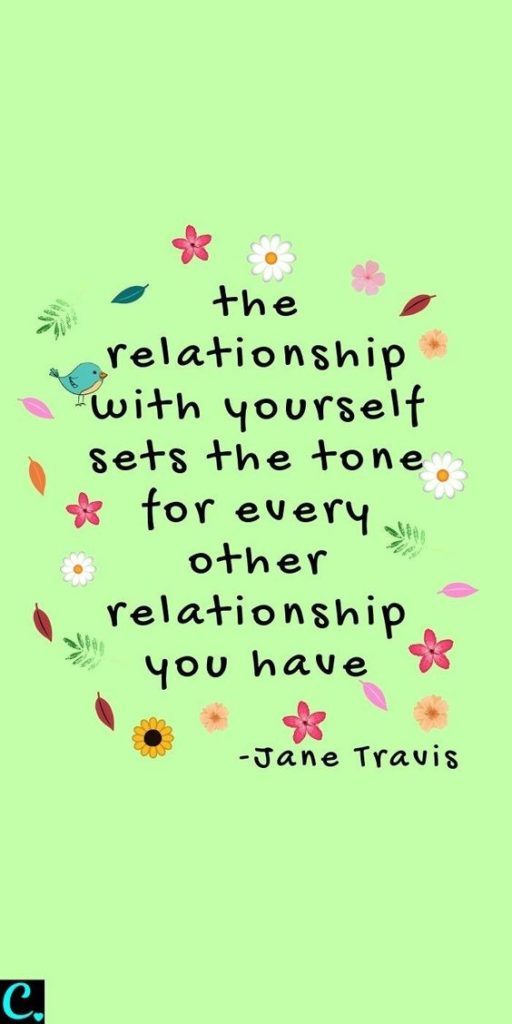This week my daughter sent me something of interest. It was a flyer entitled, What Is Diet Culture? It defined diet culture as “a society that focuses on and values weight, shape, and size over health and well-being.”
Then they gave six examples. After reading each one, I thought to myself, “Yes, this is our world today when it comes to nutrition and fitness.”
The first one was “feeling like you can’t escape conversations about weight, diets, good/bad foods, cutting carbs, detoxing, cleansing, etc.” No matter where we are in our fitness journey, we should not be consumed with these thoughts. After all, why do you embark on a fitness journey? Answer: to enjoy your life. Walking around counting calories and carbs all day is not enjoying your life. Your thoughts about food should center around “How can I fuel my body today with healthy food?” Set a plan for the day and forget it. Eat by your plan and focus on all the other aspects of your life. I know. Easier said than done, especially if you’re not sure what foods are good fuel for your body. That’s where coaches, like my colleagues and I here at Koko, come in. We educate you and guide you to being able to choose good fuel for your body for the rest of your life. Which brings me to number two.
Diet culture “advertises exercise as a mode to weight loss, a means to becoming more attractive or punishment for eating.” Out of all six, this is the one that bothers me the most. Exercise, especially strength training, is the key to building lean muscle. Lean muscle is literally your life-blood and your fountain of youth. Cardio exercise shouldn’t be viewed as “how many calories can I burn on the treadmill for forty minutes?” Cardio keeps your heart healthy and is necessary for you to be able to lead an active life. Building muscle and exercising your heart shouldn’t be seen solely as a means for weight loss. It is so much more. Exercise allows you to enjoy your family and friends and participate in a full life right into your golden years.
Number three was “weight loss challenges in workplaces and amongst family and friends.” Scale weight should not be used like a score in a game. Scale weight is a very personal thing. Everyone’s body composition is different. No two people’s amount of muscle and fat are the same, so it isn’t wise to compare your scale weight to someone else’s. I do believe you should track your weight either daily or weekly. Your weight is an indicator of how your body is performing by the way you are treating it. A graph of your weight fluctuation over time provides you with valuable clues and insights on how your unique system works. Scale weight does not designate you a winner in a game or dictate that you behaved badly with food. If you are overweight and know you need to drop some pounds to be healthier, that’s fine. You get a coach and together you use your scale weight to determine if you are on a path to better health.
And so, as another day goes by, there are three more definitions of diet culture which I will share with you next week in part two. Until then, be kind to yourself when thinking about healthy weight and nutrition. A new fitness journey should be viewed as a gift you give yourself. You should set out to enjoy the project of working toward a healthier you. Get a coach who is going to help you on a positive journey, focusing on food and exercise that you can sustain for the rest of your life, instead of fad diets and weight loss challenges.











Leave a Reply